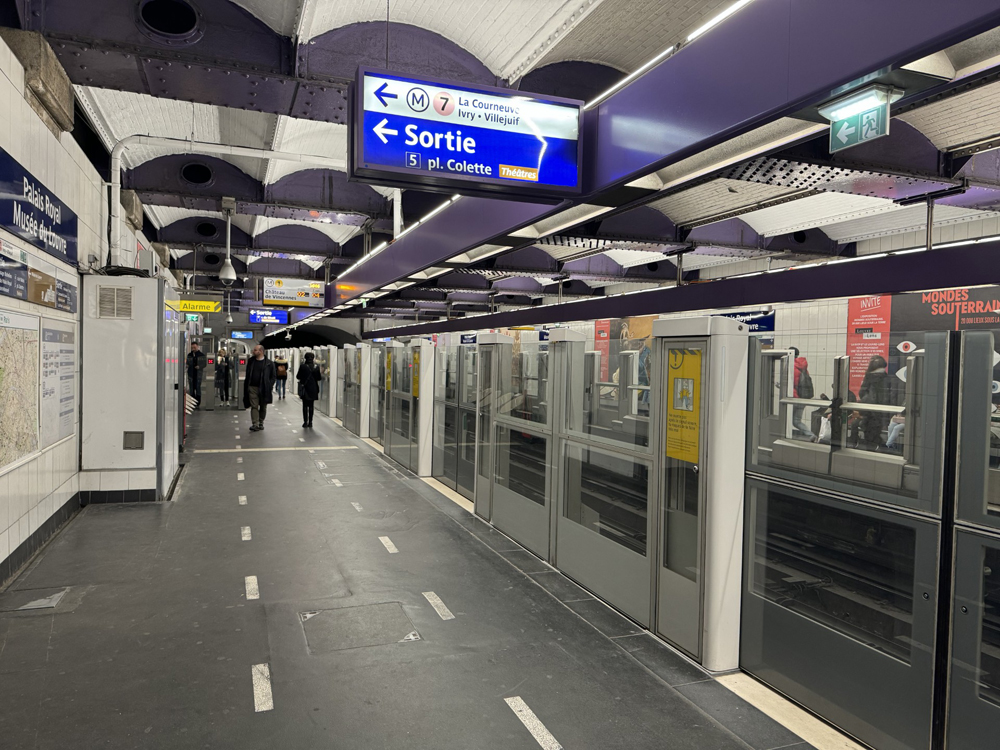
PARIS — The French capital hosts the Olympic and Paralympic Games this summer, its third turn as host and first in a century. The Opening Ceremony this Friday, July 26, will be held beside the River Seine in the center of the city, with events running through to the end of the Paralympics on Sept. 8. Like London in 2012, Paris is planning to utilize its already extensive rail and Metro (subway) network to move visitors around the city, with up to 10 million journeys forecast on bus/light rail, Metro, and rail services. It has ensured investments in several new lines or extensions have come into service in time — some just in time — for the Games.
Events will be head in a broad range of locations, with the main athletics events at the already rail-served national stadium — the Stade de France in the northern suburb of St-Denis, with the new Olympic Village located close by — also served since late June by the northern extension of Metro Line 14. Many other events are using historic venues in and around Paris, including some swimming events in the Seine or pre-existing stadia; the equestrian events are all in the park at the Palace of Versailles west of Paris. Some events are planned in provincial cities, in particular football [soccer], while sailing events will be in Marseilles, some 480 miles away. (These are not the most distant Olympic events from Paris: Surfing competition is being held 10,000 miles away in Tahiti!).
Multiple restrictions will apply to motorists in Paris during the Games with 185 kilometers /110 miles of roads closed to traffic except athletes and Olympic officials. To enable crowd control and security, 17 Metro and RER commuter rail stations have been shut down for nine days as of July 18, with three central Paris metro stations closed from July until early September.
Extended automatic Metro
French President Macron opened the southern extension of Metro Line 14 from Olympiades to Orly Airport on June 24. Line 14, which now runs from Orly in the south to Saint-Denis-Pleyel, next to the Olympic Village, in the north. The short northern extension to Saint-Denis-Pleyel also opened June 24. A major new bridge over mainline rail tracks links the Olympic Village with the Stade de France.
The 28-km/17.5-mile Metro Line 14 is seen as the backbone of the Olympic public transport system, and from the outset was seen by the Paris Olympic planners as a key part of the Games’ transport infrastructure; up to 700,000 passengers a day are expected during the Olympics. Delays completing the new extensions and delivering the new fleet of type MP14 rubber-tire trains being built by Alstom have been blamed on the combined effects of the COVID-19 pandemic and the disruption caused to supply chains in Europe by the Russian invasion of Ukraine in 2022. A total of 72 eight-car trainsets were ordered for Line 14; 52 had been delivered by the end of June.
Line 14 is automatic, with its signaling system completely upgraded by Siemens before the extensions opened. On busy Olympic days, Line 14 will operate 24 hours a day, along with the other two automated Metro lines, lines 1 and 4. Those both have been retro-fitted since 2011 with the necessary Communications-Based Train Control System signaling system, platform-edge doors, and trains that can operate automatically.
Extending Line 14 at both ends is as part of a bigger program — called Grand Paris Express — to build entirely new automatic Metro routes which will go around central Paris, connecting the city’s outer boroughs. Most of these new lines will open in the next decade, as construction is well under way. Connections from Line 14 will be possible at both ends to the new network
The Line 14 extension is not the only new rail line opening to improve services in time for the Olympics. On June 13, the 6km/3.75-mile extension of Metro Line 11 from Mairie des Lilas to Rosny-Bois Perrier opened in the east of Paris (this will also be served by the new orbital Line 15 when it opens in the early 2030s as part of Grand Paris Express). Line 11 has also received the new MP14 trains (32 five-car EMUs) replacing 60-plus-year-old trains. A major new light rail system opened in the southern suburbs in December 2023; this partly uses mainline rail tracks, plus new purpose-built light rail tracks with the light rail trains sharing the mainline section with freight and intercity trains.
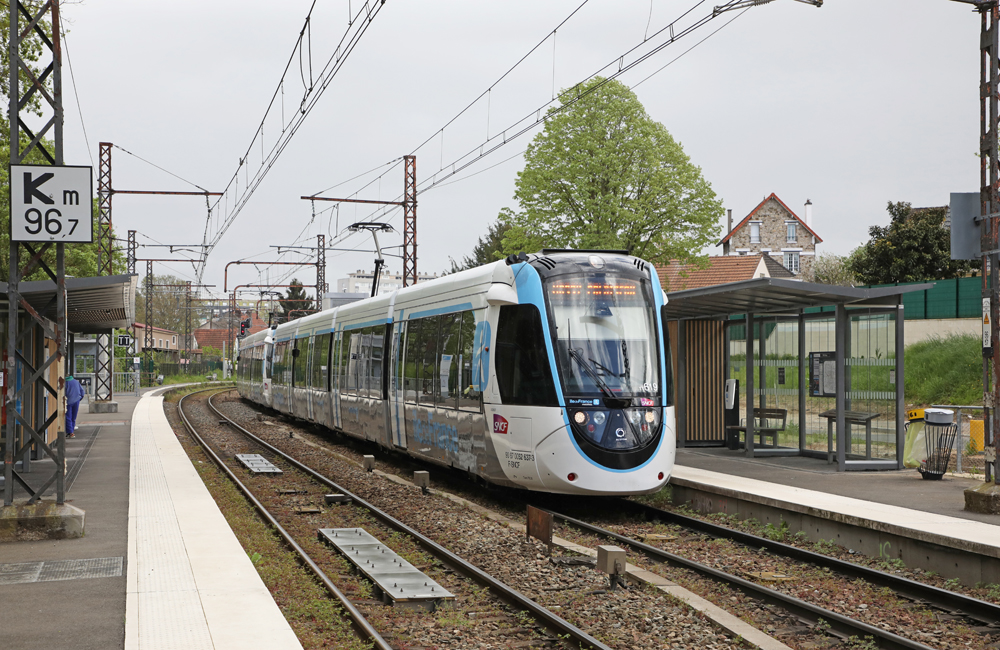
Pink Olympic-branded signage is in use in Paris at Metro and rail stations and at provincial rail stations in cities hosting events. To promote the Games, 15 existing Metro stations have been ‘re-named’ for the duration of the Games after various Olympic sports, so, as examples, Sèvres Babylon has become Sèvres Badminton and Victor Hugo is Victor Judo. In total, Paris transport operator RATP has hired 5,500 extra staff to manage crowds and operate services and stations during the games.
Commuter rail extension opens
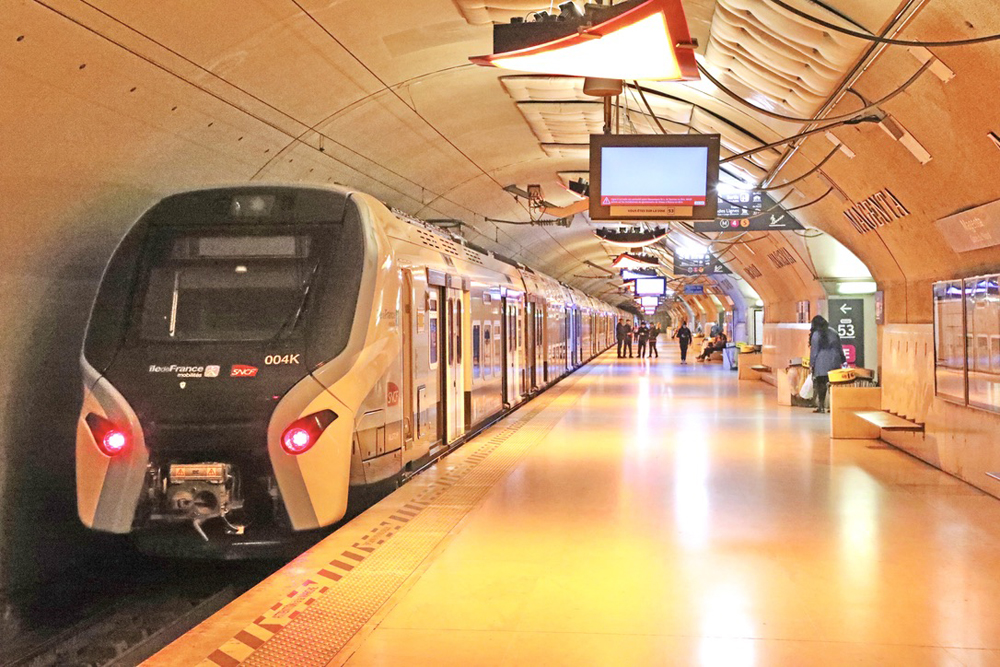
The first 8km/5 miles of the western extension of cross-city commuter rail route RER Line E opened on May 6, providing connections from central Paris and St-Lazare station to Porte Maillot, La Défense and Nanterre La Folie. The new line, which is almost all in tunnels, provides connections to Metro and other RER lines at each station and will be further extended, in 2026, to join up with the suburban commuter rail network west of Paris. During the Olympics, the main swimming events are being held at the La Défense Arena served by the new line. Most services on the extended line are being operated by brand new RER nouvelle génération (RER NG) Class Z58000 double-deck EMUs built by Alstom, although deliveries have been delayed due to supply-chain problems.
More trains and strike free?
French Railways (SNCF) is running additional services on anticipated busy Olympic event days and routes using TGVs or Intercity trains. Extra electric locomotives and engineers have been drafted into the Paris region to run more trains during the Olympics, although SNCF has been forced to admit this also means there will be less trains after the Games as employees take their vacations which, for many, have been postponed until the Olympic Games end.
To try and avoid strikes disrupting services, SNCF has agreed a daily bonus of €95 ($104) for staff working during the Olympics, with extra funds for child care also being made available, as the period coincides with summer school holidays. One of the major rail unions has refused to participate in this deal.
Athletes and spectators arriving by rail from nearby countries
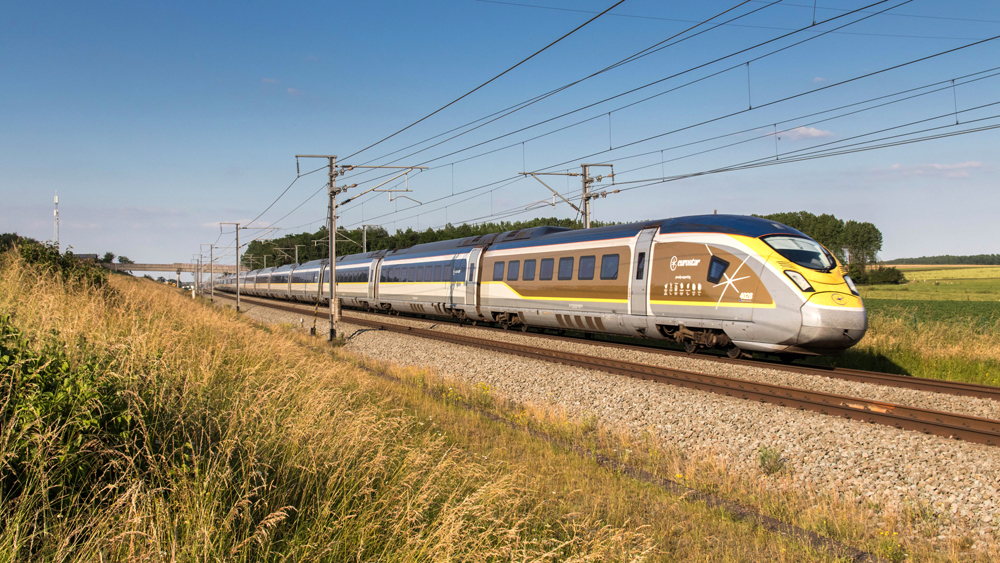
International high speed train operator Eurostar (majority owned by SNCF) will transport over 2,000 Olympic and Paralympic athletes from the British, Belgian, Dutch, and German national teams to Paris during the games. Eurostar says it expects to carry two million passengers between July and September, with demand particularly high around the opening and closing ceremonies. Eurostar plans to operate up to eight additional services on the London-Paris route on the busiest Olympic event days, as some visitors are using London as a base to visit events being held in Paris.
Eurostar has added gold vinyls to the fronts of two of its Class 374 trains used for services from London to Paris/Amsterdam in preparation for the Paris Olympics. One was unveiled at London St. Pancras International on June 25 by previous British gold-medal-winning athletes.
SNCF, working with Belgian Railways, has introduced additional locomotive-hauled services between Brussels and Paris for the first time in two decades. Designated Eurocity services, the trains are formed of Belgian coaches and locomotives. These trains, which may become permanent in 2025, offer lower fares and alternative routings, serving different cities than Eurostar (ex-Thalys) high-speed services.
No free travel
When Paris announced its Olympic bid, the organisers promised free public transport included in Olympic event tickets, like London had in 2012. However, in late 2023 it was announced that this would not be the case.
Instead, public transport fares have effectively doubled in Paris and its surrounding Île de France region for the duration of the Games. Transport authority Île de France Mobilités has explained this change by pointing out that it plans to run around 15% more services on both metro and RER lines (and even more at peak times to certain venues) to handle the anticipated 10 million passenger journeys
Residents buying monthly or annual tickets are not affected, but the normal weekly “Navigo” tickets (costing €30.75, or about $33) will not be for sale during the Games period from 20 July to 8 September. Instead, it will be replaced by a “Paris 2024” travel pass aimed at visitors. costing €16 ($17.50) for a day and €70 ($77) for a full week. The Paris 2024 ticket can be bought via phone app or in card form. Cash fares for RER train and Metro will be €6 ($6.50) for the duration, with bus fares €5 ($5.50). The Paris 2024 travel pass will, however, cover trains to and from the main Paris airports, which previous tickets sold to tourists do not.






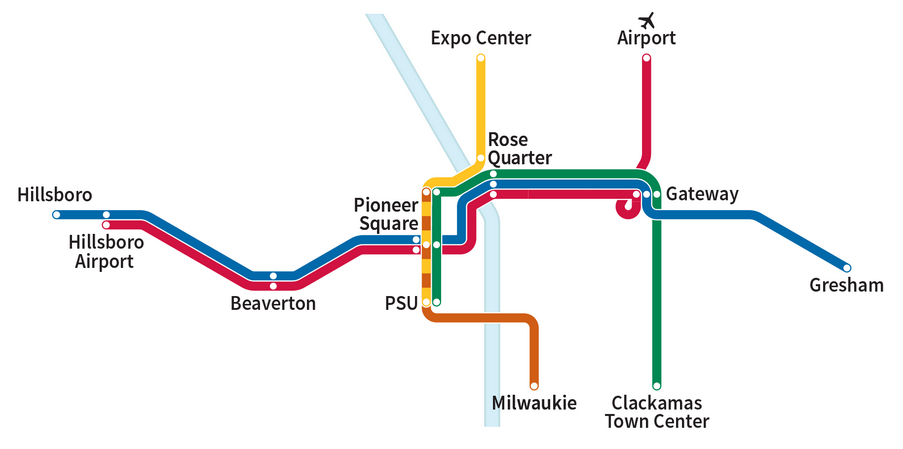
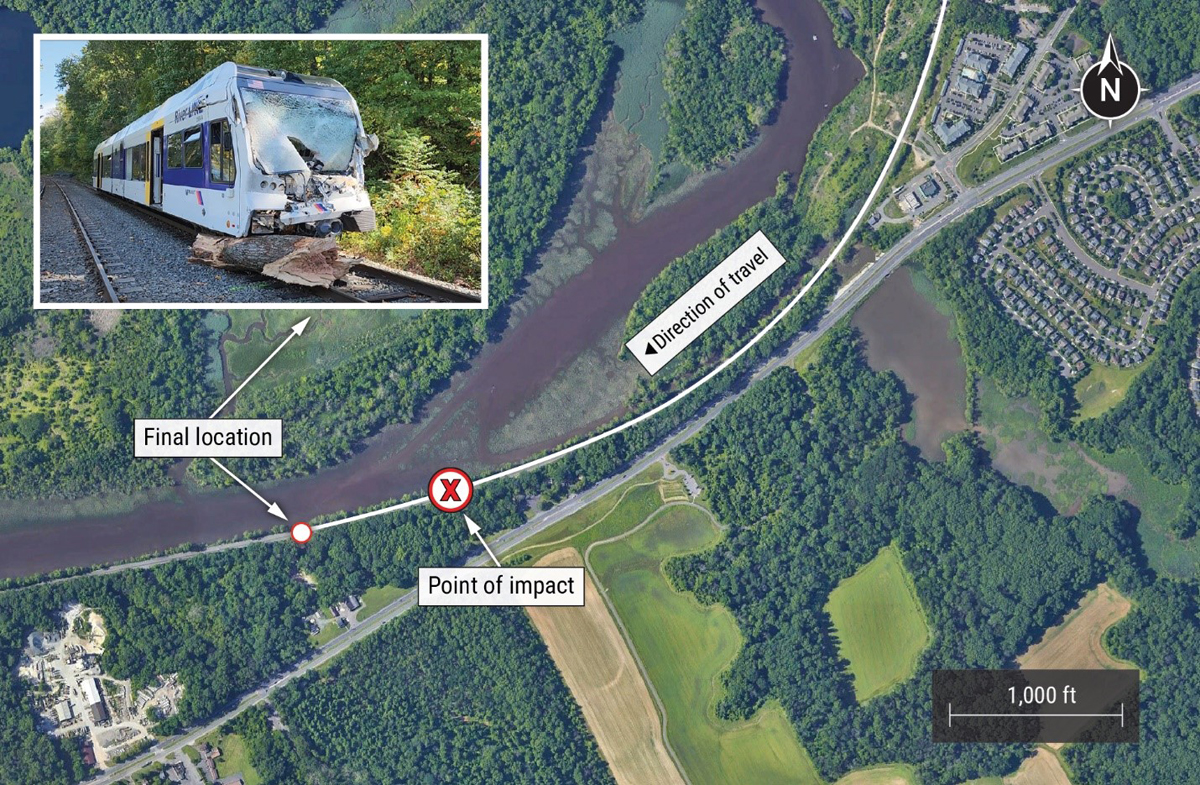
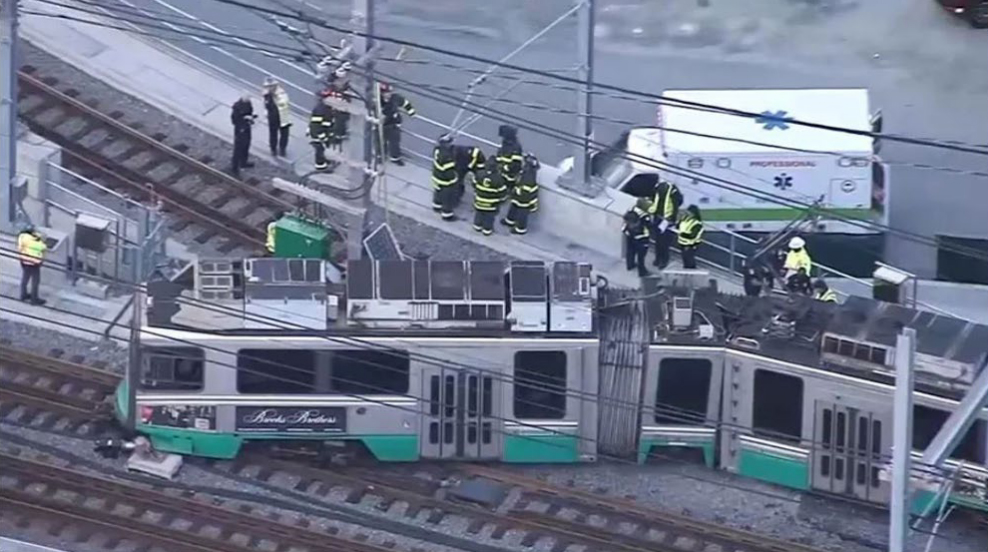
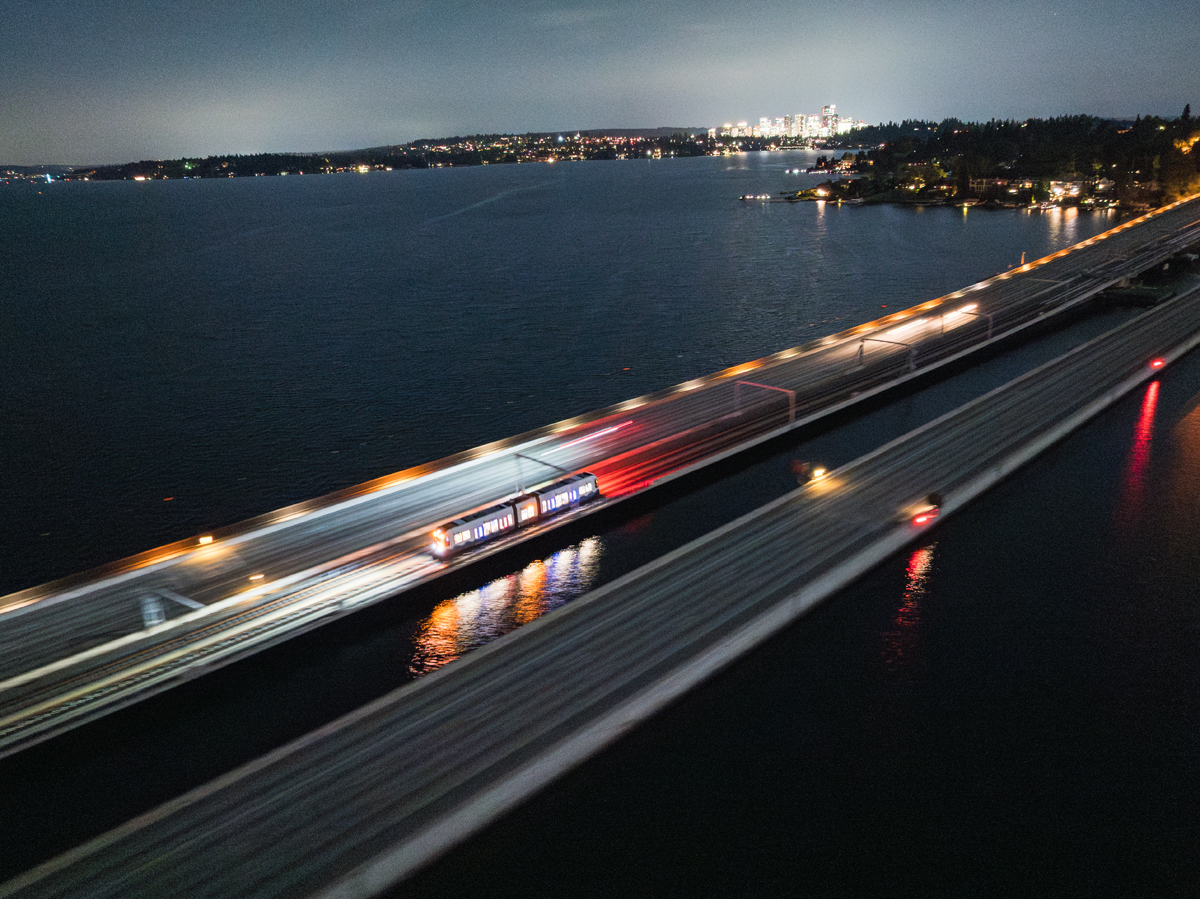




The pickpockets will have a big score!
Interesting that some light rail shares the track with heavy rail passenger and freight. That would likely be a nonstarter in the US.
Especially at the same time. FRA would require time separation at the minimum.
Which leads me to a question: exactly what is a crashworthy passenger vehicle? (That can run at the same time as freight.) Wasn’t so long ago RDCs ran on freight railroads. Judging by the looks, the only crash bumper is the engineer’s body. Ditto, the first-generation Metroliners. Recall that depowered Metroliners were used as cab cars on the Hiawatha. Until the labor unions raised the question, and these were changed out in favor of depowered diesel locomotives.